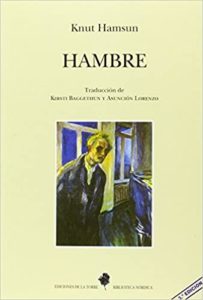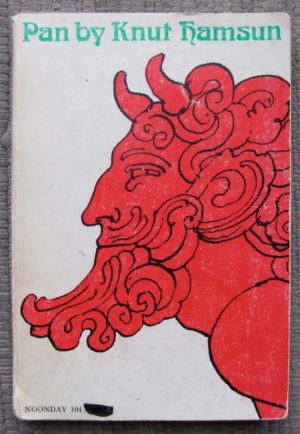


The film analyses the depth of the couple's guilt in a thorough manner. When the traitorous Vidkun Quisling (played by the very evil-looking Sverre Anker Ousdal) finds out that his new fangirl is the wife of Norway's most famous writer, the Nazis take a quick interest in the man himself. It is Marie who first falls in love with Nazism, because it is shown to fill an emotional void in her life. Like so many great Scandinavian dramas, this is essentially a depiction of a troublesome marriage. The film has an international feel to it, but the whole benefits from the larger budget, and the historical period looks believable. The rest of the cast is mostly Norwegian and German, depending on the characters they play. Their acting abilities also make you want to let it slide. This is heavily audible for Scandinavian viewers, but you also get used to it really fast. The lead couple, who previously starred together in Bille August's "Den goda viljan" (1992), actually talk in their native languages, even though they play Norwegian characters. It is directed by Swedish Jan Troell, and stars his oft-used actor Max von Sydow (also Swedish) as Hamsun, and Denmark's most famous actress Ghita Nørby as Marie Hamsun, the author's wife.

The film is an international production, between Norway, Sweden, Denmark and Germany.

The years before WWII, the occupation, and the subsequent final years in disgrace. This massive film is a depiction of Hamsun's downfall. This reached a (very negative) peak when Germany occupied Norway in 1940, and the author supported the occupiers. He wasn't an anti-Semite, but hated the imperialist UK so much as to align himself with Hitler. In the 1930's, when Hamsun was already an old man struggling with his hearing and possibly his mental capacities, he fell out of grace by supporting Nazi Germany. This film mentions his glory days, but takes place afterwards. He won the Nobel prize in literature in 1920, by which time he was probably his nation's most internationally famous citizen. Hamsun published works over an astonishing span of 70 years. Knut Hamsun (1859 - 1952) was, alongside Henrik Ibsen, the most famous figure in Norwegian literature.


 0 kommentar(er)
0 kommentar(er)
